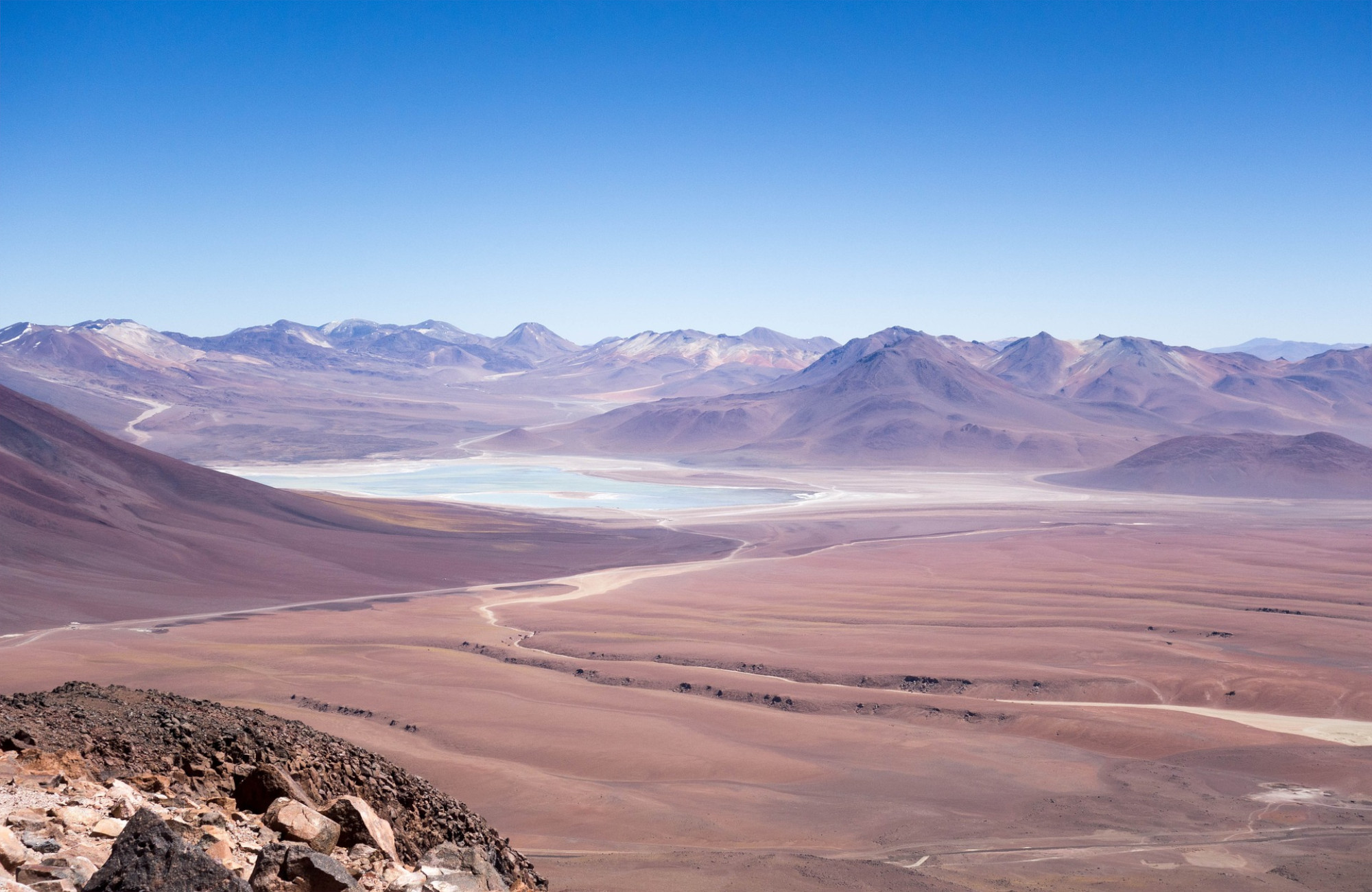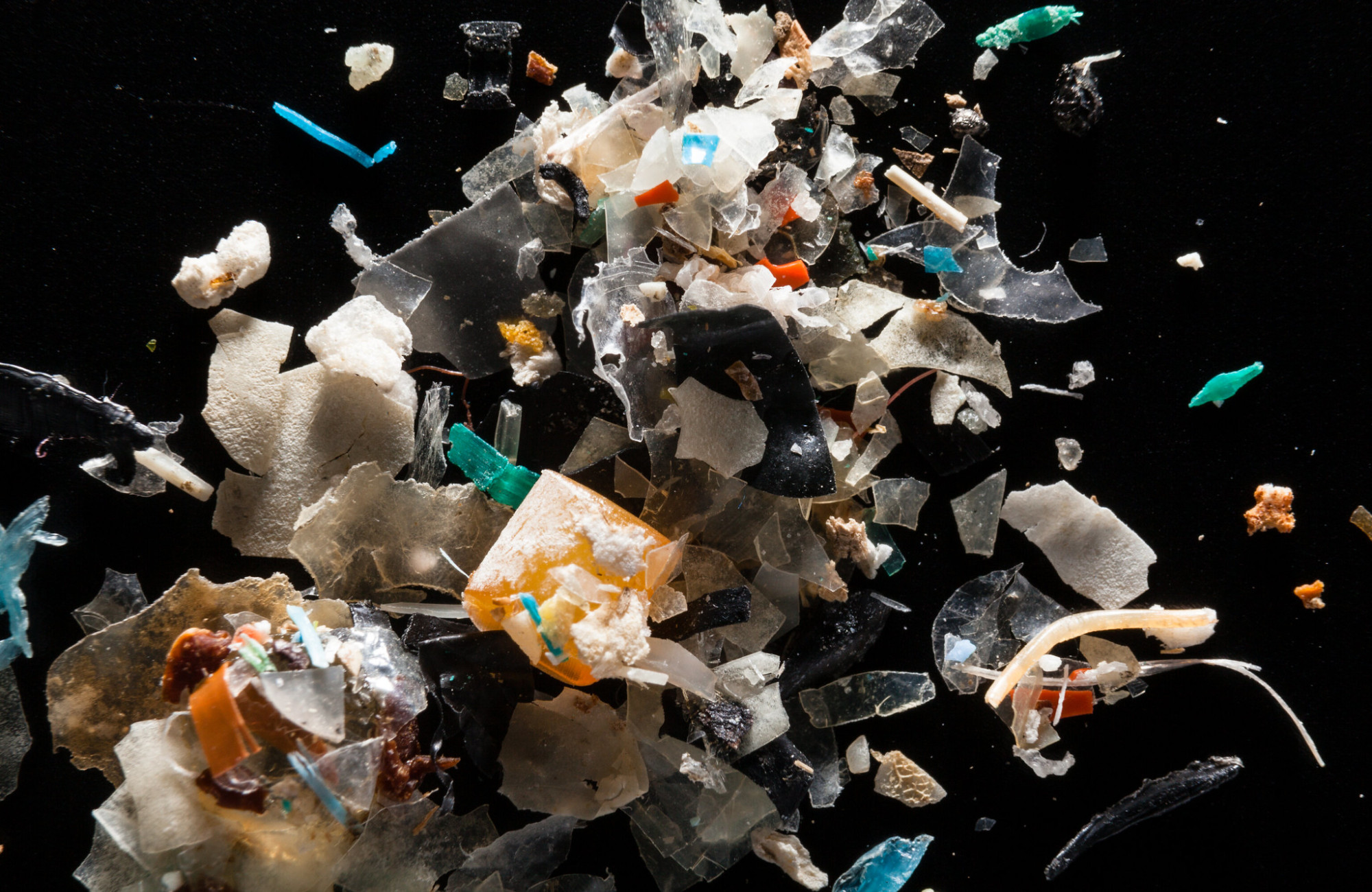“We want people to know that electric cars are not the salvation for the planet. The salvation is the conscience of every human being to respect the earth like we do. If everyone would be aware of that, we wouldn’t need electric cars to save the planet.” Jorge Alvarez Sandon, member of the Coyo community, lives in salt flats of the Atacama Desert. Here, expansive salt flats, red lagoons with pink flamingos, geysers, and active volcanoes, lie close to two thirds of our planet’s lithium resources.
Lithium is the key active material in most batteries today – from electric cars to laptops, iPhones and tablets. Countries all over the world have incorporated incentives and targets into their decarbonisation plans for the expansion of electric vehicle (EV) fleets in order to reach national climate targets. The Atacama Desert already supplies roughly a third of the world’s lithium, and production is expected to rise by 2025 with the growing demand for batteries for electric vehicles
The Atacama Desert is the driest desert in the world, and extracting lithium is an extremely water-intensive process. The extraction process involves drawing large quantities of brine from the ground, and evaporating 95 per cent of it. Right now, Chile is enduring a record-breaking 13 year drought caused, of course, by climate change. The lithium extraction industry’s water use is only exacerbating the problem.
Studies have shown that the mining industry is using up around 65 per cent of water in the Atacama desert. The Atacama Indigenous Council (CPA) has been in an on-going legal battle with one of the production companies, SQM, for four years in an attempt to slow production. In a report that envisions expanding the exploitation of lithium into over 46,200 hectares of occupied Atacameño territory, the only mention of its indigenous occupants concerns the building of a road to aid their access and to “build a positive corporate image with locals.” The disregard for the long history of the Atacameño peoples is explicit.
Chile is one of the few countries in the world where water resources and water management are close to 100 per cent privatised. In 2019, the Pai-Ote community was accused of ‘water robbery’ when residents were suspected of tapping water from reservoirs owned by the mining companies. Chile has since signed ILO’s convention 169, the only international instrument relating exclusively to indigenous rights, obliging governments to consult indigenous peoples when major projects intervene in their environment. But according to the residents of Pai-Ote, they were not consulted before the lithium projects were presented in the media.
Chile’s Presidential elections of December 2021 saw the leftist candidate, Gabriel Boric, win by a larger-than-expected margin. Part of Boric’s election campaign was around nationalising lithium supplies. This would follow Mexico’s recent move to nationalise their own lithium supplies in April last year. But before the election, his right wing predecessor Sebastian Piñera awarded contracts worth US$121 million for the exploitation of 160,000 tons of lithium to the audaciously named Chinese manufacturer Build Your Dreams (BYD), and the Chilean company Servicios y Operaciones Mineras del Norte. The tender agreement grants 80,000 tons of marketable metallic lithium to each of these companies, which will have a term of seven years to carry out their projects’ geological exploration and development. This period could be extended for another two years if necessary. This means these two companies could be able to extract lithium from Chile for the next 20 years using the same methods.
For members of the communities who live in the Atacama desert, like Jorge Alvarez Sandon, the electrification of transport, essential to the green energy transition, comes at a price. Although, the 13 year long drought demonstrates that continued use of fossil fuels has also been catastrophic. The disregard of foreign mining companies for local communities, monopolizing water supplies, and their refusal to recognize the communities’ rights to their land need urgent scrutiny.
For a genuinely sustainable energy transition, it is hard to get away from the need to consider wholesale demand reduction and the same time as speeding up compliance and inclusion in the extractive sector. Governments and businesses are only just beginning to turn to the environmental considerations of the mineral components of clean energy, with standards like the Initiative for Responsible Mining Assurance (IRMA), which seeks to impose standard regulation on mining worldwide. It’s surely the responsibility of Western companies to ensure their minerals are sourced sustainably and, without wreaking devesation on indigenous communities.
Techno-managerial solutions to the climate crisis have led to devastating and uneven socio-ecological impacts from lithium extraction. While we will certainly need lithium batteries for the future, we should question the sustainability of a future with millions of electric vehicles driving on the roads. The idea that we can live as we are now, swapping dirty technology for green, decarbonised alternatives will generate profit for private companies at the cost of indigenous, local communities.
Meabh Byrne holds an MSc in Environmental Governance and has experience in aiding companies in their disclosure to climate change, water security and forests.






